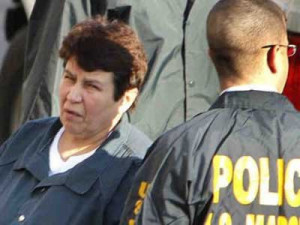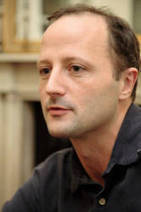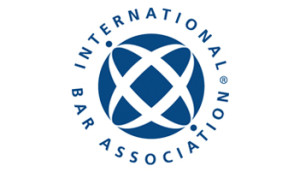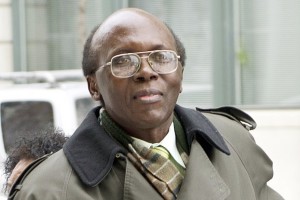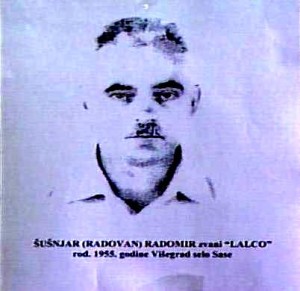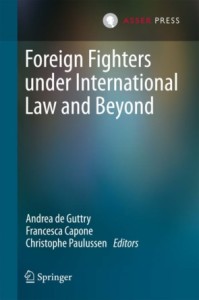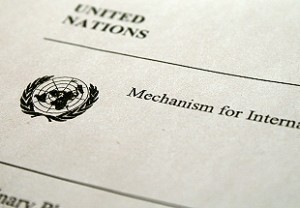 The Association of Defence Counsel Practising Before the ICTY (ADC-ICTY) has published the 100th issue of its newsletter.
The Association of Defence Counsel Practising Before the ICTY (ADC-ICTY) has published the 100th issue of its newsletter.
This edition covers the recent developments in the Mladić case as well as in the Karadžić case, where the Defence filed two motions before the Appeals Chamber of the MICT (Mechanism for International Criminal Tribunals) requesting on one hand the Prosecution to disclose statements to the Defence and on the other hand access to Ex Parte Filings in Completed Cases.
The newsletter also addresses the recent developments which took place at the Extraordinary Chambers in the Courts of Cambodia, as well as in Croatia, Serbia and Bosnia and Herzegovina, where a war crimes trial is held against a former Bosnian Presidency Member, Borislav Paravac, accused of having participated in a joint criminal enterprise, targeting the Bosniak and Croat civilian population in Doboj (Northern Bosnia) between May 1992 and the end of 1993.
The newsletter also contains an op-ed analysis on the recent conviction of Radovan Karadžić and whether his conviction impedes Ratko Mladić’s right to a fair trial.

